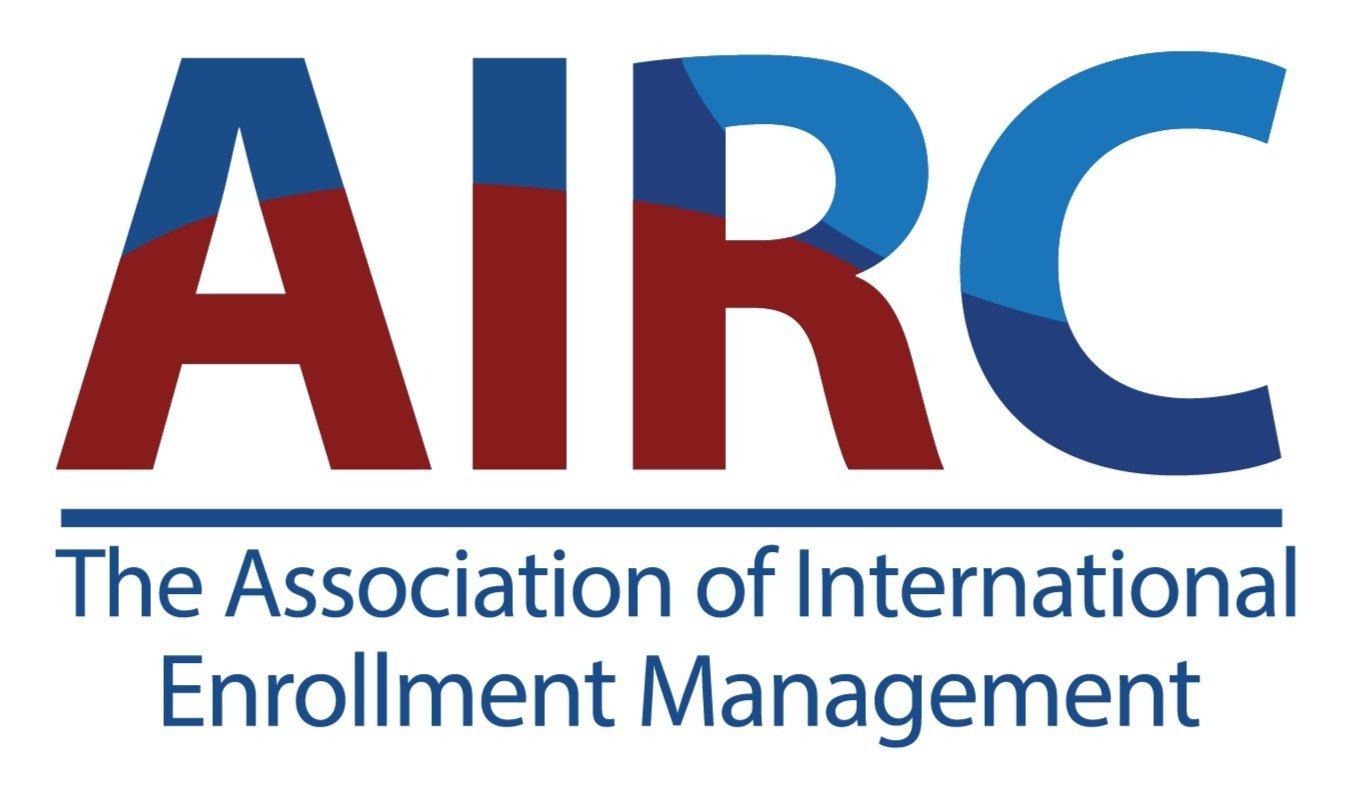The student visa process can be challenging to navigate, and it’s even more frustrating when a student works hard to gain university admission and then is denied a student visa. The Department of State conveys that during the student visa interview, students may provide evidence of their academic preparation, non-immigrant intent, and how they will pay their expenses during their time in the United States. However, students often only have mere seconds to prove their case to the consular officer. One of the most common reasons a student is denied their F1 visa is INA section 214(b). These denials mean that the student was not able to prove their serious intent to study in the U.S., or they did not prove their intent to return to their home country upon completion of their studies. How can a professional credential evaluation help your students avoid these denials?
Prove Program Eligibility
A credential evaluation validates the academic work a student has completed in their home country and provides the U.S. equivalency of their degree. It ensures the student receives proper credit for their education and can even include a course by course breakdown of credits and grades earned. The credential evaluation report provides information about the institution the student attended, including what level of education was required for admission and whether the institution has the equivalency of U.S. regional accreditation. This report can confirm that the student qualifies for the program they have been admitted to and can clear up confusion for consular officers that may not be as familiar with educational system requirements or specialized programs. This can be especially helpful if students attended institutions in more than one country, followed unconventional educational pathways, or have older credentials.
Establish the Intent to Study
It’s also important to demonstrate a clear career pathway during the student visa interview process. Consular officers want to see that a student has serious interest in their studies and a defined plan of how they will be using their new degree in their long-term career plan. A credential evaluation report can show the previous coursework related to the student’s intended program, allowing the student to prove their legitimate interest in continuing their education. It also shows the officer that the student has taken their desire to study in the U.S. seriously and has invested in a credential evaluation report for admissions purposes.
Demonstrate Non-Immigrant Career Goals
In addition to proving their intent to study in the U.S., the student must also prove their non-immigrant intent through strong ties to their home country. The credential evaluation report can help the student clearly articulate their intended career, what they have accomplished so far on their career path, and how their intended program of study in the U.S. aligns with their goal. The student should be prepared to explain how their intended program directly ties to what they will do for work upon returning to their home country. If a student has job offers contingent upon completing their U.S. degree, they should bring that documentation to their interview to help establish their non-immigrant intent.
Unlock Further Opportunities
Once a student has their F1 visa and completes their studies in the U.S., a credential evaluation report can continue to be beneficial. Students may be required to obtain an internship as part of Curricular Practical Training (CPT), or they may choose to apply for Optional Practical Training (OPT) employment authorization after they graduate. A credential evaluation report helps boost their resume by establishing their previous education and evidencing their skill set. Some students may even be offered jobs that can lead to visa sponsorship, such as through the H-1B visa. The H-1B visa requires evidence of a specialized skill set in specific fields, such as Science, Technology, Engineering, and Mathematics. During the H-1B visa application process, students can use a credential evaluation to prove they hold a qualifying degree from their home country.
Set Students Up for Success with a Credential Evaluation
Remember that the F-1 visa is a non-immigrant visa, which requires students to prove their intention is to study in the U.S. and then return to their home country upon completion of their program. A credential evaluation report shows a student’s serious intention in studying, documents their desired career path, and provides clarity to the consular officers reviewing their academic history. As you begin to prepare your students for the upcoming admissions cycle, make sure you set them up for success by including a credential evaluation report as part of their onboarding process.
For more information on how to select a credential evaluation agency, see our previous blog: What Questions Should an Agent Ask before Selecting a Credential Evaluation Agency? — AIRC (airc-education.org).

